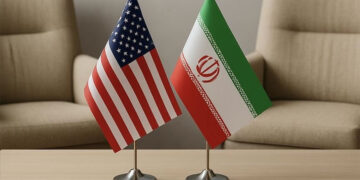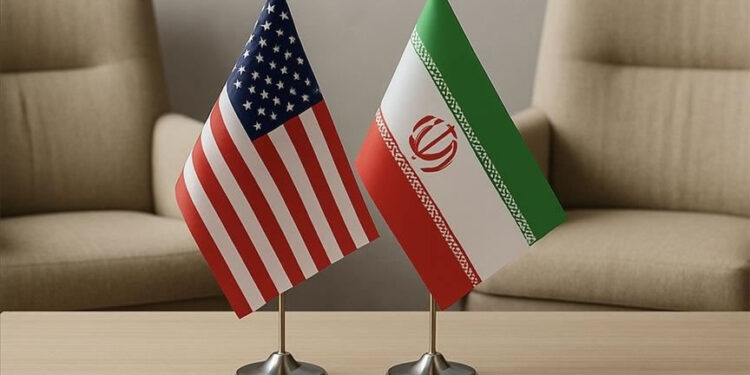By Lucy Adautin
Iran and the United States resumed high-level discussions on Saturday regarding Tehran’s accelerating nuclear programme, according to both U.S. and Iranian officials. The talks, held in Rome, mark the second round of such negotiations in recent weeks.
A U.S. official, speaking anonymously due to the private nature of the talks, confirmed the closed-door meeting took place at the Omani Embassy in Rome’s Camilluccia district. Iranian state media also acknowledged the session, which reportedly began just before midday, with journalists observing from outside.
Central to the discussions are U.S. billionaire Steve Witkoff, President Donald Trump’s envoy to the Middle East, and Iranian Foreign Minister Abbas Araghchi. The outcome of their interaction could determine the success or failure of the negotiations, given the high stakes involved.
Once again, Omani Foreign Minister Badr al-Busaidi is acting as mediator in the talks.
The very occurrence of these talks marks a significant moment, considering the decades of tension between Iran and the U.S. following the 1979 Islamic Revolution and the American Embassy hostage crisis. During his first term, Trump unilaterally withdrew from the 2015 nuclear agreement between Iran and global powers in 2018. That move triggered a series of hostilities and diplomatic efforts that have, so far, failed to restore the pact, which had curtailed Iran’s uranium enrichment in exchange for sanction relief.
Renewed Tensions Cast Shadow Over Talks
The discussions come amid heightened tensions in the Middle East. The risk of a potential military strike by the United States or Israel on Iran’s nuclear facilities looms large, as does the possibility of Iran following through on its threats to develop a nuclear weapon. Regional instability has escalated further due to the ongoing conflict between Israel and Hamas in Gaza, and following U.S. airstrikes in Yemen that killed over 70 people and injured dozens more. These strikes targeted the Houthi rebels, who are backed by Iran.
“I’m for stopping Iran, very simply, from having a nuclear weapon,” Trump stated on Friday. “I want Iran to be great and prosperous and terrific.”
Iranian Foreign Ministry spokesman Esmail Baghaei told state television that the negotiations were “indirect”, with delegations seated in separate rooms at the embassy. He also posted on X earlier in the day, reiterating Iran’s “good faith and sense of responsibility” in using diplomacy as the preferred means of resolving international issues.
Ahead of the Rome meeting, Araghchi held talks with Italian Foreign Minister Antonio Tajani.
Also present in Rome on Saturday was Rafael Mariano Grossi, Director General of the International Atomic Energy Agency (IAEA), the United Nations’ nuclear oversight body. Should a new agreement be reached, the IAEA would likely play a central role in verifying Iranian compliance, as it did with the 2015 accord.
Tajani affirmed Italy’s willingness to support the negotiations, including at a technical level.
“A diplomatic agreement is built patiently, day after day, through dialogue and mutual respect,” he said in a statement.




































